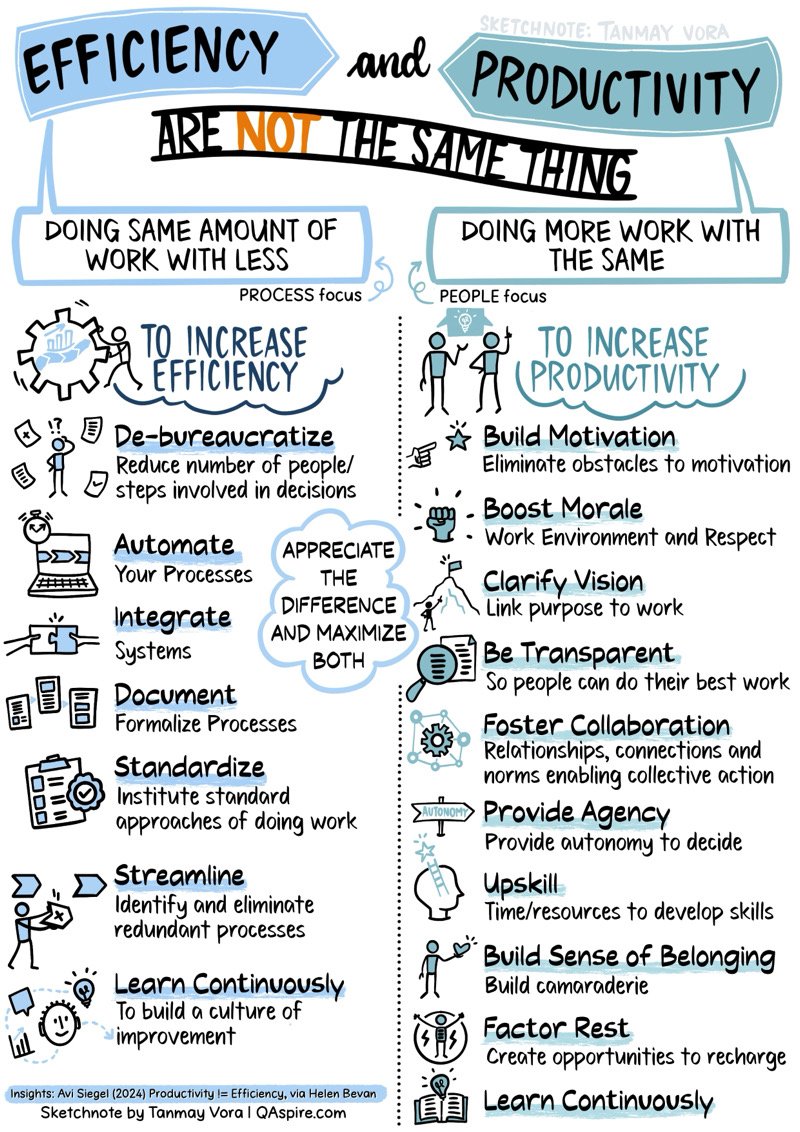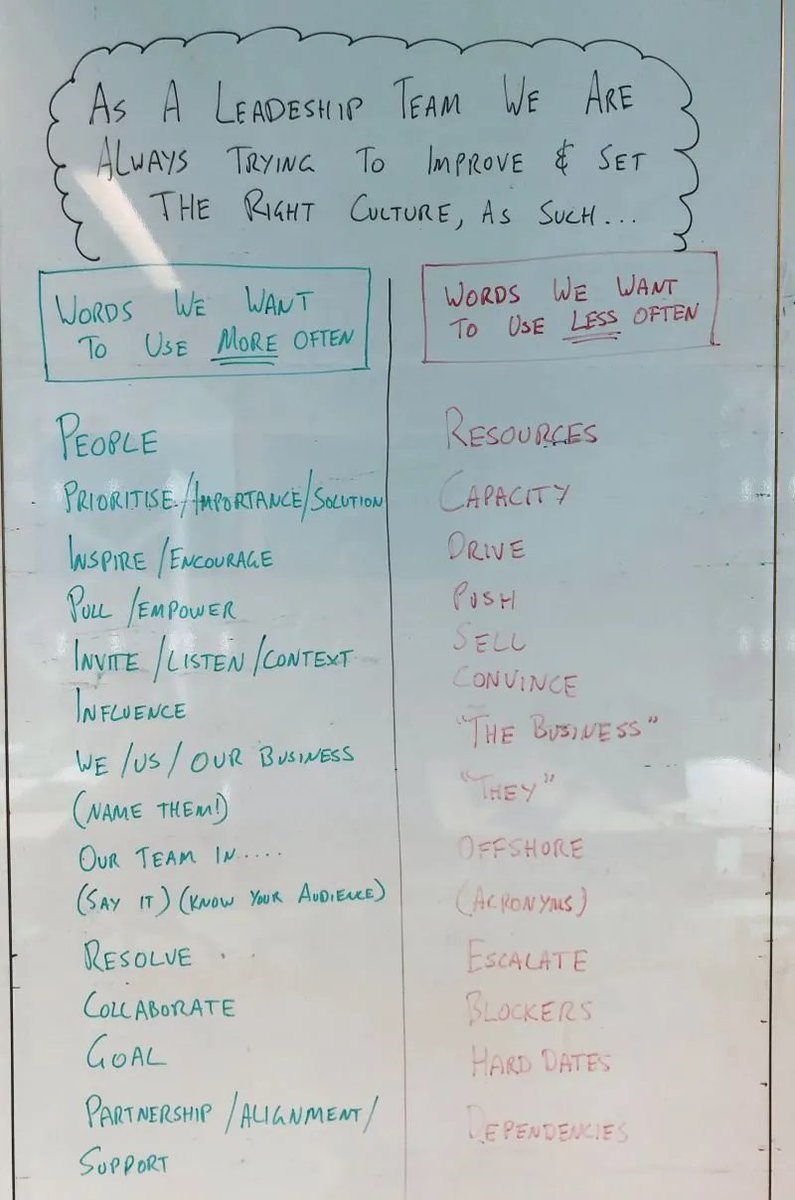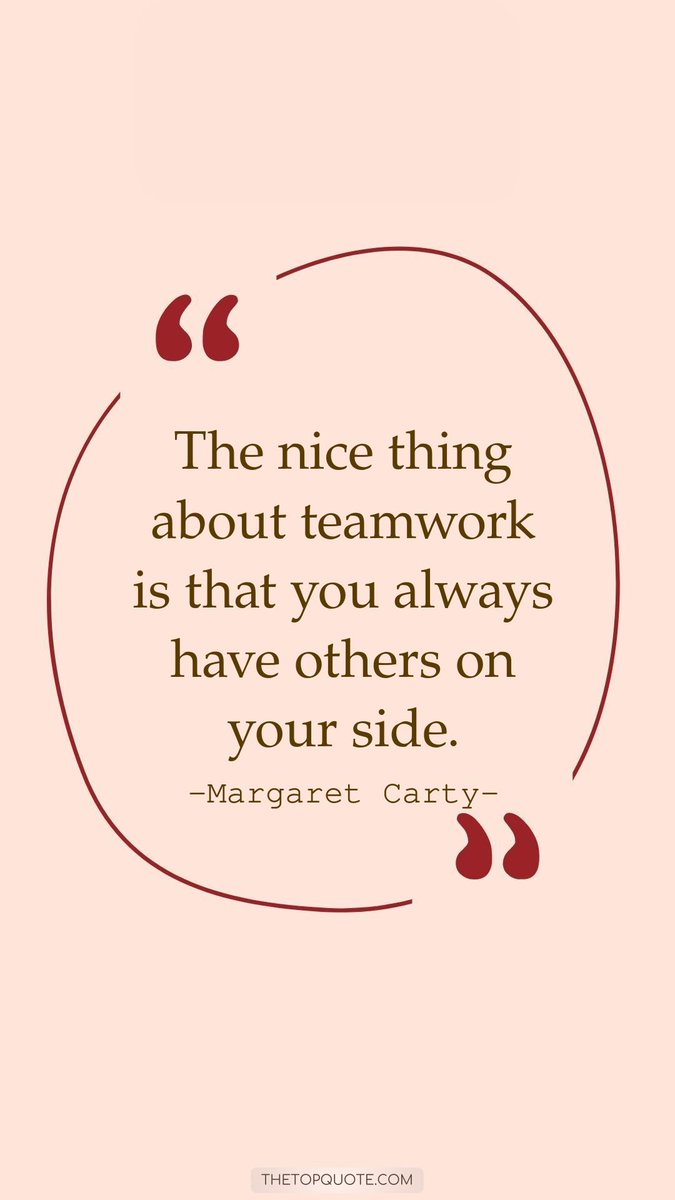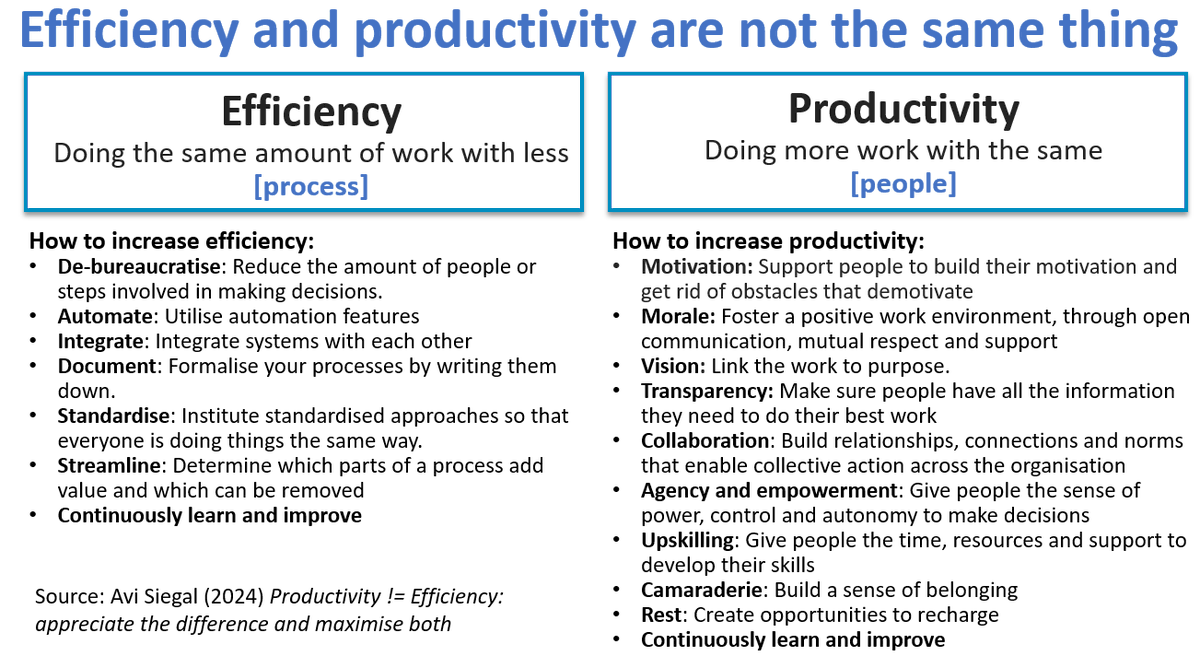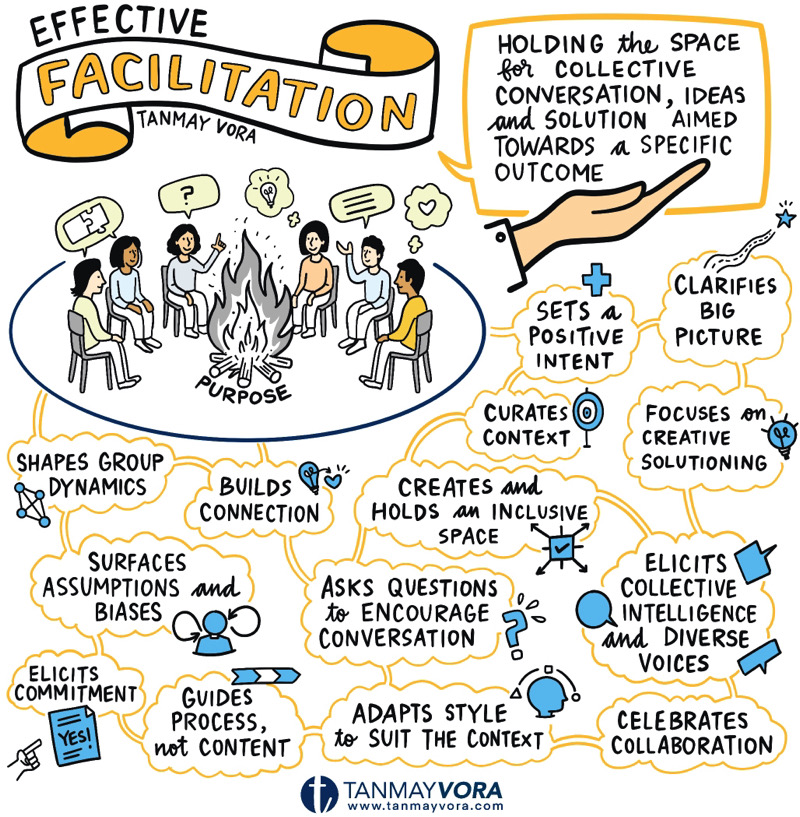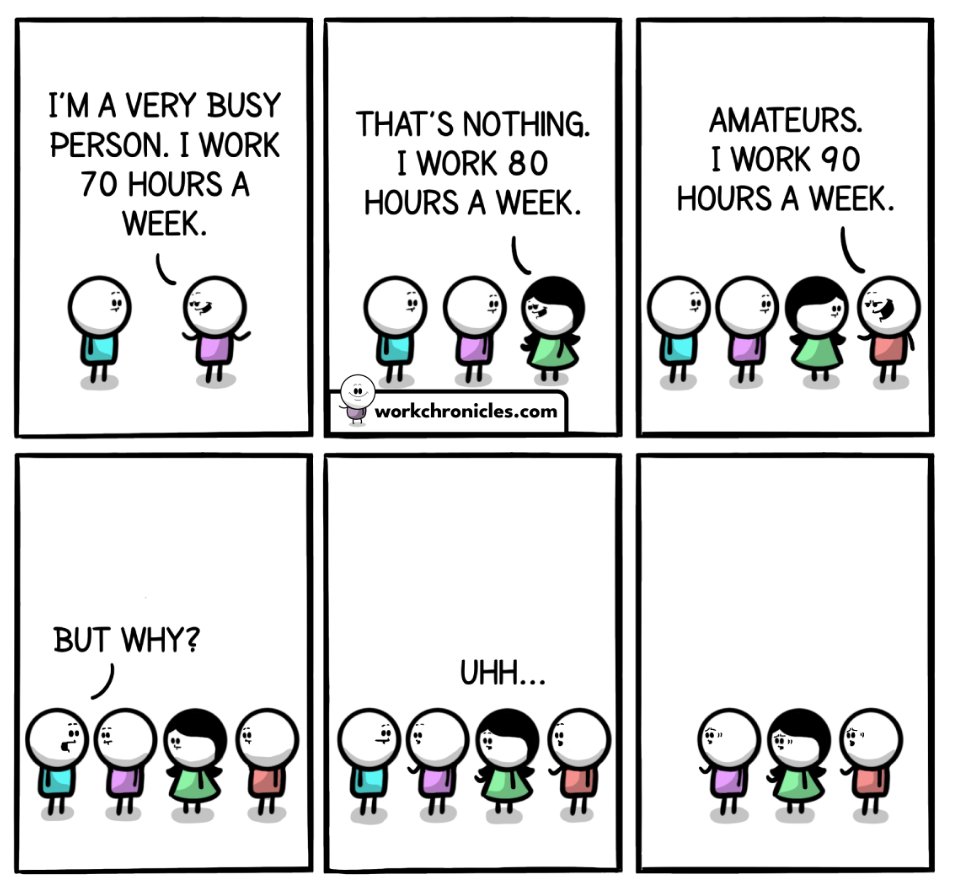
Kiersten Dittrich
@shmiersten
Looking at all things #museums, audiences, and leadership. Celiac. Lover of classic films. Desperate to keep just one plant alive.
ID: 2320086570
31-01-2014 02:24:03
3,3K Tweet
477 Followers
1,1K Following


How do we enable change? According to Greg Satell Greg Satell, ideas for change spread socially. So it's the structure of networks that determine how fast/far ideas for change travel. It's not about the mode of communication or even the individual influence of early adopters.




In my experience, people don't resist change because they have "resistant personalities" or because of "human nature". They mostly resist because of the way we go about introducing or implementing the change or imposing it on them. Greg Satell suggests five major categories of



Stanford Social Innovation Review Stanford Social Innovation Review has just produced a new reading list on transformative leadership. There are links to multiple excellent, thought provoking articles, such as in the first link "Recognizing Leadership in All Its Forms". Inspiring reading about





The post I made a couple of days ago on the differences between efficiency and productivity has been turned into a superb sketchnote & accompanying blog by Tanmay Vora ✍: qaspire.com/efficiency-and…. For those who couldn't open the original article by Avi Siegal, here's another link:
